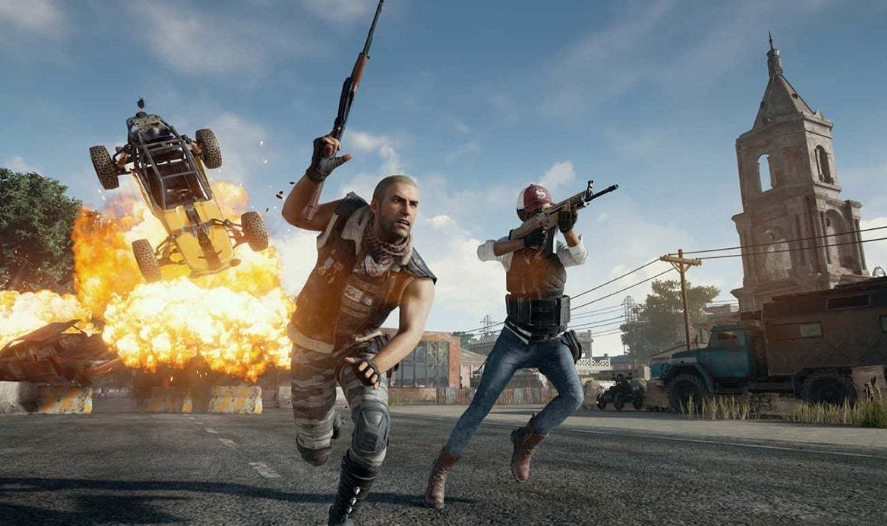Krafton is gearing up to reshape the future of PUBG with an ambitious plan dubbed “PUBG 2.0.” Moving far beyond its roots as a straightforward battle royale shooter, the company envisions PUBG evolving into a broad platform that fosters player creativity and social interaction, positioning it alongside giants like Fortnite and Roblox.
From Battle Royale to a Dynamic Creative Hub
According to CFO Dongkeun Bae, PUBG’s next chapter involves turning the game into a versatile “gameplay platform.” This means introducing tools and modes that let players build custom arenas, design unique match rules, and create entirely new gameplay experiences—effectively broadening what PUBG can offer beyond traditional combat.
Unreal Engine 5 Powers Next-Gen Gameplay and Graphics
A major technical leap is underway as PUBG transitions to Unreal Engine 5. This upgrade not only brings stunning, next-level graphics but also introduces destructible environments, enhancing immersion and strategic depth. This new engine will serve as the backbone for upcoming features like advanced modding capabilities and AI-driven systems.
Player Creativity Takes Center Stage with UGC Tools
Launching in alpha this August, the PUBG User-Generated Content (UGC) toolkit marks a significant step toward community-driven development. Players will have access to a world editor, custom loot and zone rules, and a hub for sharing creations. This move opens the door for fans to design everything from classic team deathmatch maps to expansive, terrain-based worlds—and eventually publish these creations for public play, including on consoles.
Expanding the PUBG Universe: Multiple Spin-offs in Development
Krafton isn’t stopping at the main game. Several new PUBG titles are in the pipeline, each exploring different genres but interconnected within the PUBG 2.0 ecosystem:
- PUBG: BLINDSPOT: A tactical, top-down shooter
- Project Black Budget: A high-stakes extraction shooter
- Project Valor: A next-generation console-focused battle royale
All these projects share core elements like IP, engine technology, and creator tools, aiming to create a cohesive experience across the PUBG brand.
Strong Financial Backing and AI Innovations
Despite a dip in profits during the first half of 2025 due to market challenges, Krafton reported revenue surpassing $1.1 billion, underscoring its financial resilience. The company is also investing heavily in AI, collaborating with NVIDIA to integrate deep-learning features such as in-game assistants, further enhancing gameplay and user experience.
Breaking the Mold: PUBG’s Push Toward Creator-Driven Longevity
By embracing user-generated content and fostering a creator economy, Krafton hopes to revitalize player engagement and loyalty. This strategy mirrors the success stories of Fortnite and Roblox, aiming to prevent the stagnation that often plagues long-running games. Custom maps, modding options, and social hubs could make PUBG not just a game, but a living platform that grows and adapts with its community.
In sum, PUBG 2.0 is Krafton’s bold attempt to redefine the franchise’s future—transforming it from a popular shooter into a dynamic, player-powered universe.
